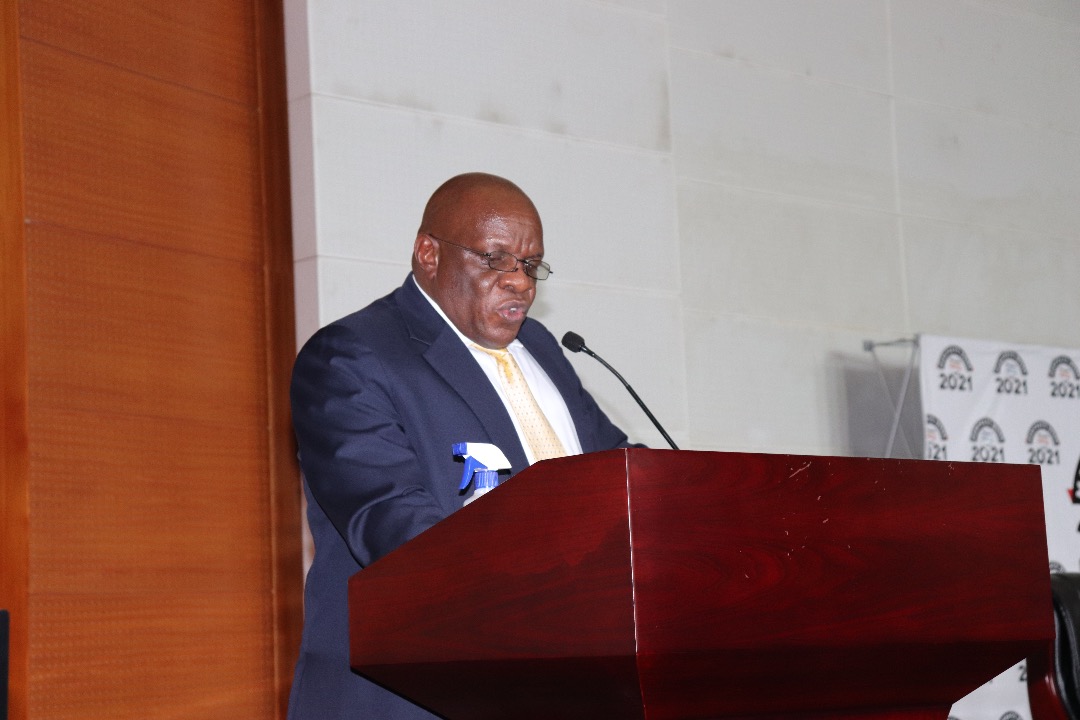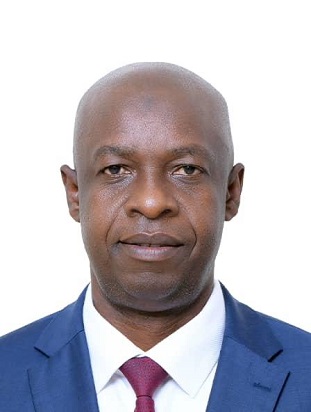By John Mutebe
The duty to provide water and sanitation services in a home, has traditionally been a preserve for the woman in a family. Daily chores include water collection, sanitation management and hygiene maintenance and education of the children. This prevails in modern times, especially in African countries like Uganda, where majority of women are confined to home care.
One can assume that this long interaction with Water, Sanitation and Hygiene (WASH) issues on a micro level, naturally gives women better experience and capacity to find solutions to related challenges. This would, therefore, increase their leverage to contribute on broader spectrums such as policymaking and business in the sector.
However, despite this natural or traditional allegiance to WASH, women’s participation on the business and entrepreneurial front of the sector in our country, remains minimal and barely evident.
This comes at the backdrop of an ever-growing trend for private sector to shape various spheres of people’s lives, including WASH. More enterprises are innovating solutions to help communities and individuals to meet their WASH needs.
Understanding challenges
Woman entrepreneurship, through provision of women-led WASH designs, products, and services, could ably contribute to not only the community’s wellbeing considering their understanding with concerns, but also that of her household due to increased incomes.
A woman entrepreneur understands the challenges fellow women face in fulfilling individual and family WASH duties and knows how best to solve them.
Secondly, customers, especially in the hygiene business, are largely women. So, a woman producer would enable free interaction with the consumer, hence designing user-friendly products or services.
Nonetheless, there are various constraints to this vast potential of women entrepreneurship in WASH, including limited technical skills, access to finance, information, and business opportunities.
Above all, improved access to information should be at the forefront of changing this tide. With enough awareness, women can identify avenues of transforming their solutions into competitive enterprises.
Firstly, many might not know that they are WASH entrepreneurs. We define a WASH entrepreneur as someone who develops and implements innovative business solutions in water, sanitation, and hygiene sectors. They focus on creating sustainable and scalable products or services that improve access to safe WASH in underserved communities. They range from water engineers, plumbers, and water purification service producers (for water); manual pit emptiers, cesspool operators, waste collectors and recyclers (sanitation); to soap manufacturers, cleaning service providers, and menstrual health products (hygiene).
If they regard themselves as mainstream SMEs, they might not recognise the layers of support systems available for their growth. These include government agencies like Ministries of Water and Environment, Education, and Health; civil society such as Water and Sanitation Entrepreneurs Uganda (WASEU) and Uganda Water and Sanitation Network (UWASNET), as well as a myriad of development partners and platforms to tag themselves and get networks.
Networks and opportunities
Besides general financing opportunities for women businesses such as GROW Project, entrepreneurs in WASH can take advantage of various specific incubator and accelerator programs like the ongoing Female Hygiene Accelerator Program to make them build their capacity to attract finance and business partnerships.
Ecosystem engagement platforms such as Majipreneurs Summit, Uganda Water Week, provide opportunities to network with other businesses, interact with relevant entities, and dialogue on policy. Efforts should also be made towards creating gender-responsive procurement processes, which enable female entrepreneurs win government contracts and create a model to attract women into the WASH market.
Public Procurement and Disposal of Public Assets Authority (PPDA) Act 2003 reserves 15% of government contracts for women groups, youth, and people with disabilities. However, a 2023 UN Women assessment on government procurement, found that less than one percent of women-led businesses were contracted by government. You can imagine how much of that was from the WASH sector.
To achieve the envisions of the PPDA act and more, district procurement authorities and CSOs need to establish a comprehensive capacity-building program for women-led businesses, focusing on water and sanitation sectors.
Writer is a WASH Business Adviser and the Program Manager at Water and Sanitation Entrepreneurs Uganda (WASEU)
Contact: john.mutebe@waseu.org / 0775268014





